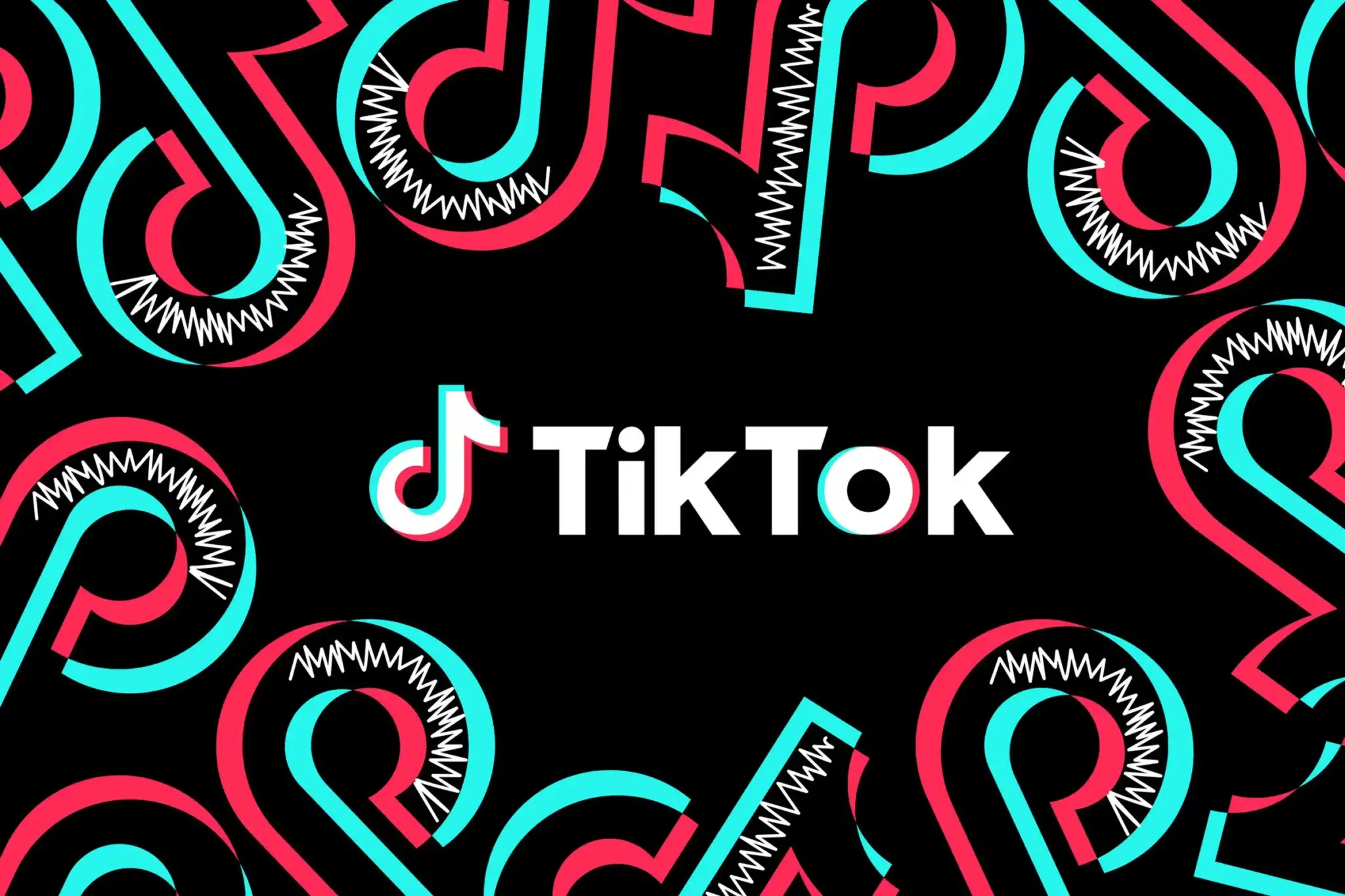In a high-stakes confrontation with U.S. lawmakers, TikTok is fiercely contesting a legislative proposal that could potentially ban the app unless its Chinese parent company, ByteDance, sells it. This move is a part of broader efforts to mitigate national security concerns surrounding foreign control over significant digital platforms used by millions of Americans.
TikTok’s Legislative Challenge and Response
Recently, the U.S. House of Representatives passed a bill that could lead to TikTok being banned unless ByteDance divests its ownership. This legislative action stems from longstanding worries that the app could be used as a conduit for Chinese government espionage or to exert cultural influence.
In response, TikTok has launched a robust defense strategy aimed at persuading lawmakers and the public. The platform argues that the proposed measures infringe on free speech rights and could negatively impact the American economy by harming small businesses that rely on TikTok for their operations.
Mobilization Against the Ban
Amid these legislative challenges, TikTok has not only relied on traditional lobbying but has also mobilized its vast user base to participate in a grassroots campaign. This includes extensive advertising efforts in key states, particularly those with upcoming significant Senate races, which could influence the legislative outcome.
The app’s advocates, including users and content creators, have actively participated in demonstrations and lobbying efforts, highlighting how TikTok supports their livelihoods and provides a unique platform for expression.
The International and Economic Dimensions
The debate over TikTok’s future is also influenced by international relations, particularly U.S. concerns about technological sovereignty and economic security in the face of growing digital competition from China. The potential forced sale of TikTok has attracted attention from various U.S. investors and companies, foreseeing the strategic value of the platform.
Conclusion: A Crucial Juncture for TikTok
As the situation unfolds, TikTok stands at a critical juncture. The outcome of this legislative battle will not only affect its operations in the U.S. but could also set a precedent for how the country deals with other foreign-owned platforms operating within its borders. The company continues to fight vehemently against the bill, arguing that it would set a dangerous precedent for free speech and hinder the digital economy’s growth.
TikTok’s struggle is emblematic of the broader tensions between economic interests and national security concerns in an increasingly interconnected digital world. As this debate progresses, it will likely have far-reaching implications for the tech industry and global digital policy.






























